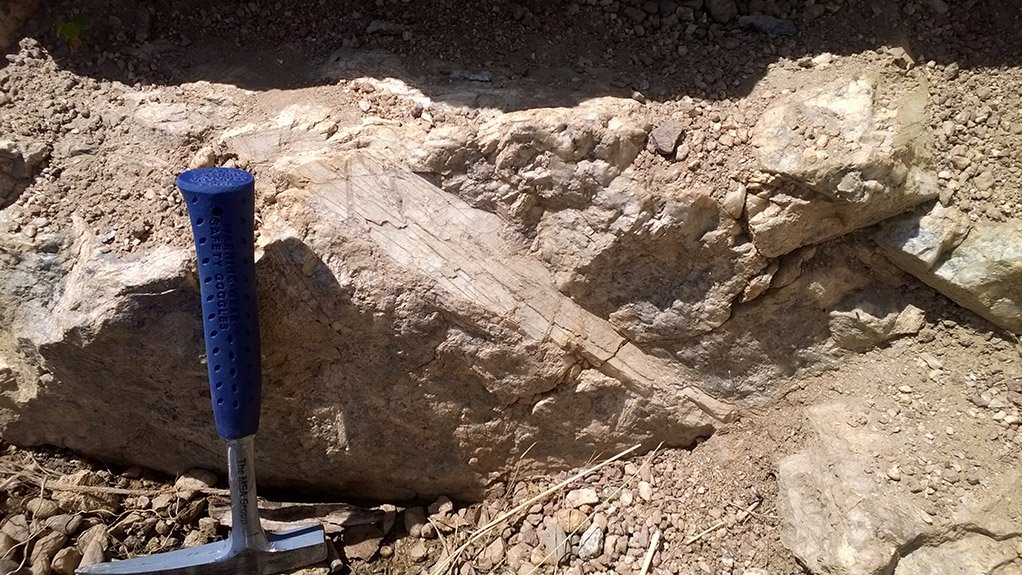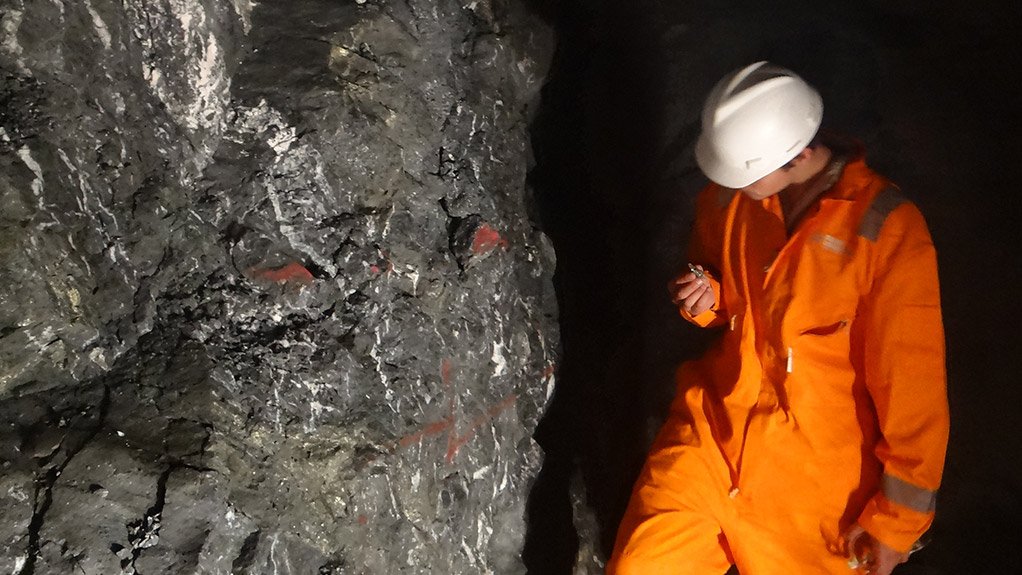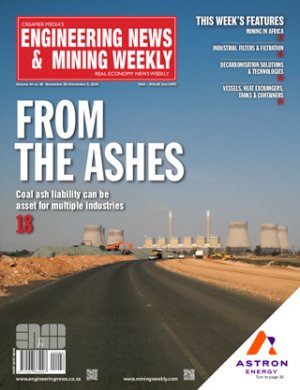A number of exploration projects are moving closer to production, following a period of significant explorative work financed by investors in the African battery metals space, says minerals exploration and evaluation consultancy firm The MSA Group principal consultant for critical metals Michael Cronwright.
“Battery metals – particularly commodities used in the production of lithium-ion batteries for products such as electric vehicles (EVs), smartphones and off-grid energy storage – have received a lot of attention from investors in recent years. This is owing to the forecast demand emanating from the energy revolution currently taking place globally, as well as the paradigm shift in the world’s energy generation, storage and consumption to cleaner more sustainable technologies.”
Cronwright mentions that there is currently a boom in the African exploration industry involving the commodities that are associated with these technologies. Some of the commodities being explored include cobalt, nickel, lithium, vanadium, graphite, tin and rare-earth elements.
He emphasises that technologies which are elevating industry interest in battery metals include EVs and hybrid EVs, which automotive companies such as Telsa and Chevrolet have popularised. “A significant portion of major automotive manufacturers have developed and announced plans for EVs.”
Automotive company Volvo, has, for instance, also announced its plans to totally replace its product offering from internal combustion engine vehicles to EVs, Cronwright adds.
He says this objective is furthered by commitments made by several major cities and countries to do away with internal combustion engines, as promoted by the 2017 EV30@30 Campaign, which sets a collective goal of reaching a 30% sales share for EVs of new vehicle sales by 2030.
The global trend to minimise reliance on fossil fuels and centralised power generation has also resulted in several countries looking to progress nuclear and modular decentralised power generation, and renewables that require vanadium redox cells and battery storage technology, Cronwright explains.
However, he states that the impact of EVs and the paradigm shift towards green energy is not yet fully understood or appreciated by the African market, despite countries such as Zimbabwe, Mozambique and the Democratic Republic of Congo being set to benefit in the short and long term, owing to their established history in lithium, tin, tantalite and cobalt production.
“The battery metals market is still young and set to grow as world energy strategies change and people adopt these new technologies. While the continent is seeing a flurry of activity as companies move to bring their resources to the market and start to supply battery metals out of Africa, most large resources are still a few years away from production,” explains Cronwright.
To attract further investment into the wealth of battery metals available in African countries, these countries will need to focus on mitigating investor risk, as many African mining jurisdictions present significant challenges. These include remote locations with a lack of access to infrastructure – such as ports and the availability of electricity – as well as political and economic instability, which result in companies’ investing in other, more stable regions.
“Many jurisdictions in Africa have challenges, but with some innovative thinking around mining, processing and logistics, projects can be derisked to a point, making them more appealing to investors.”
Cronwright expects that attendees of this year’s Investing in African Mining Indaba will be introduced to discussions about the investment required to produce EVs on behalf of battery and motor manufacturers, the potential of moving production of batteries away from China and into Europe, the charging infrastructure required to sustain EVs including the power generation required and how funding could be obtained to upgrade infrastructure, as well as the impact that the use of battery metals will have on commodities, such as copper, and other commodities associated with power production.
The Indaba has allocated a day for discussing the potential of the African battery metals market, and will include discussions about potential revenue growth generated from this evolving sector. Attendees will hear talks by African countries holding these resources, the global battery manufacturers buying them and the risks to the future growth of this sector, owing to changing battery technology.
Edited by: Zandile Mavuso
Creamer Media Senior Deputy Editor: Features
EMAIL THIS ARTICLE SAVE THIS ARTICLE
ARTICLE ENQUIRY
To subscribe email subscriptions@creamermedia.co.za or click here
To advertise email advertising@creamermedia.co.za or click here















